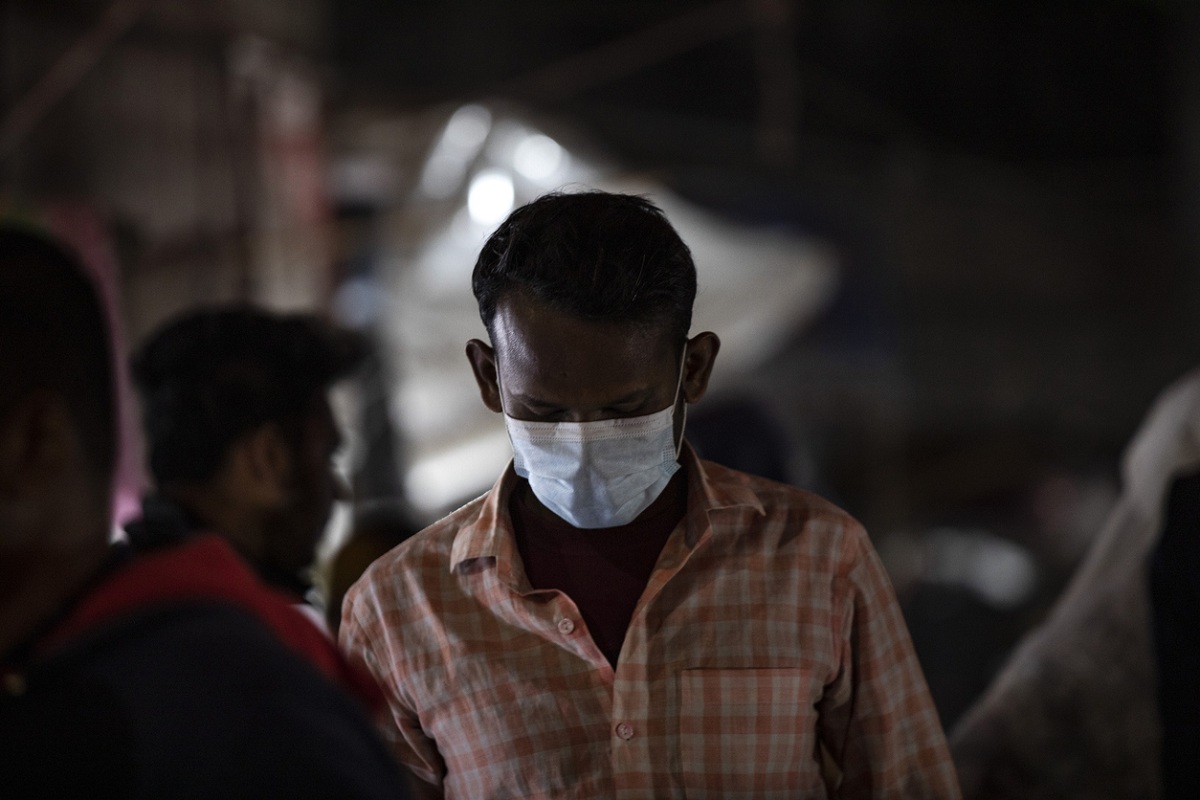As birds mock us with their chirps, as the waters of Venice’s canals clear up and as relatively clean skies greet us on the day of a Janata curfew, it is time to reflect on the lessons the Covid-19 pandemic might be trying to teach us.
It was a lesson that Mahatma Gandhi imparted when he said the world has enough for its needs but not for its greed. But of course, modern India quickly consigned Gandhian thoughts to directive principles, without making them state policy, and joined the world in its lust for more.
Advertisement
Nature warned us repeatedly. As global warming became a reality, as glaciers melted, as natural calamities occurred, and as new virus strains sought to shake us off our arrogant perches. But we wouldn’t listen.
And now as nature strikes back, each of our excesses is being highlighted.
It can’t entirely be a coincidence that the generation which did the most to abuse nature’s bounty by embracing cynical politics, rank opportunism and acquisitive materialism now finds itself the most vulnerable to the virus’ fatal consequences.
It cannot also entirely be a coincidence that aspects of our lifestyles that most ravaged the natural order are today shackled by virus-enforced lockdowns.
We became intensely consumerist; the virus shut down malls and shopping centres. We flew around the world oftentimes for no better reason than to tick boxes on inconsequential bucket lists or in the pursuit of wealth beyond our needs; the virus all but shut down air travel and is now forcing people to die alone in isolated healthcare facilities without even the comfort of final goodbyes to loved ones sequestered in their homes.
We allowed ourselves the luxury of conditioning the air we breathed because we couldn’t live without “ambient” temperatures; now we are told by health advisories that this virus thrives in the humidity of air-conditioned spaces. We allowed thoughtlessness to pollute the skies with the exhaust of our existence, we cut down forests and ravaged the earth to feed our greed; now the virus has forced us to put a halt on each of these activities.
And the final crushing blow. We indulged shamelessly in the sins of excess, of greed, of caprice, of corruption, of violence and of wars, then periodically trotted off to temples, mosques and churches to buy absolution from Gods we foolishly thought were as venal as us. Enough of this hypocrisy, said Nature, and the virus shut down the Vatican, Mecca, the temple at Tirupati, and other places of worship.
Fools that we are, we believed we were masters of everything we surveyed and of our destinies. Oh really, sneered the virus as it constricted our lungs and forced us to reflect on our glaring imperfections even as we gasped for life.
But should this too come to pass, will we learn? Will the fools in our midst who hoard masks and hand sanitisers, who refuse to accept that we must co-exist and not just exist, who believe climate change is a myth and who insist that the virus is Chinese, mend their ways? If they will, we would have learnt the lesson this virus is teaching us and perhaps lay claim to a second chance. But if it is to be business as usual, why even bother looking for a vaccine?











